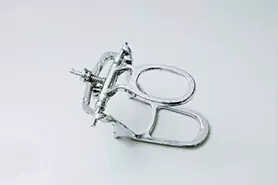The Trillium Dental Blogs






More Blog Page
Dr. Dave Bartos Discusses Oral Health With CTV Morning Live
Click to view our Co-Founder Dr. Dave Bartos talk about the importance of continuing Oral Health Care, in spite of COVID-19 pandemic with news anchor Rosey Edeh on CTV Morning News Live! CTV Ask The Expert Morning Live With Dr.dave Bartos Discussing Your Smile And...
Frequently Asked Questions About Invisalign: Part 2
Now that you know a little more about Invisalign® teeth straightening treatments and how they work, you’re probably wondering about the logistics, such as the cost of Invisalign, what our dental consultations are like, and how often you’ll need to visit our Ottawa...
Frequently Asked Questions About Invisalign: Part 1
At Trillium Dental in Ottawa, we are pleased to offer Invisalign® teeth straightening treatments for dental patients who prefer a more discreet method than braces. These “clear braces” come with a number of benefits, as they are much less noticeable than metal...
How Does Invisalign Work?
Invisalign® is one of the most groundbreaking technological advancements we have seen in the field of orthodontics and cosmetic dentistry, as it provides a far more convenient and comfortable alternative to braces. Not only is Invisalign less inhibiting for patients...
